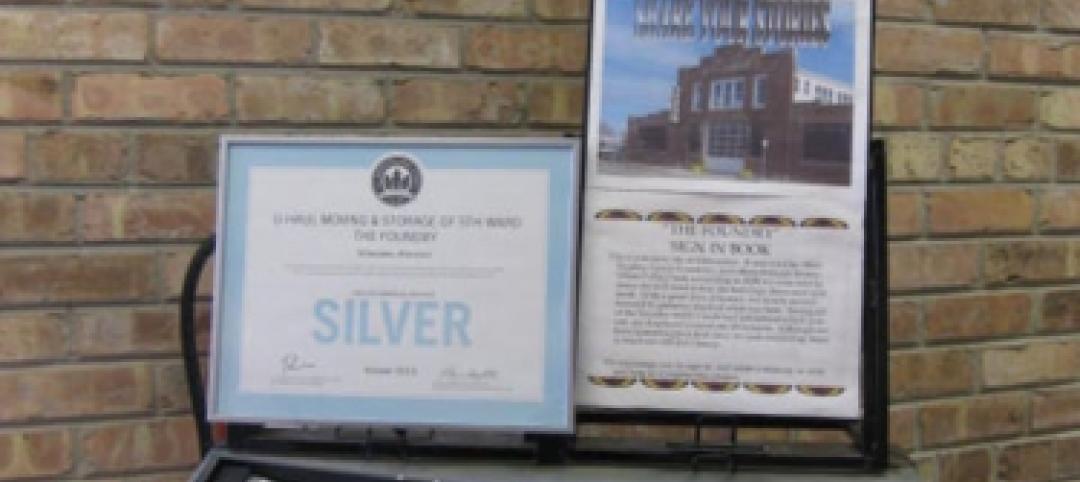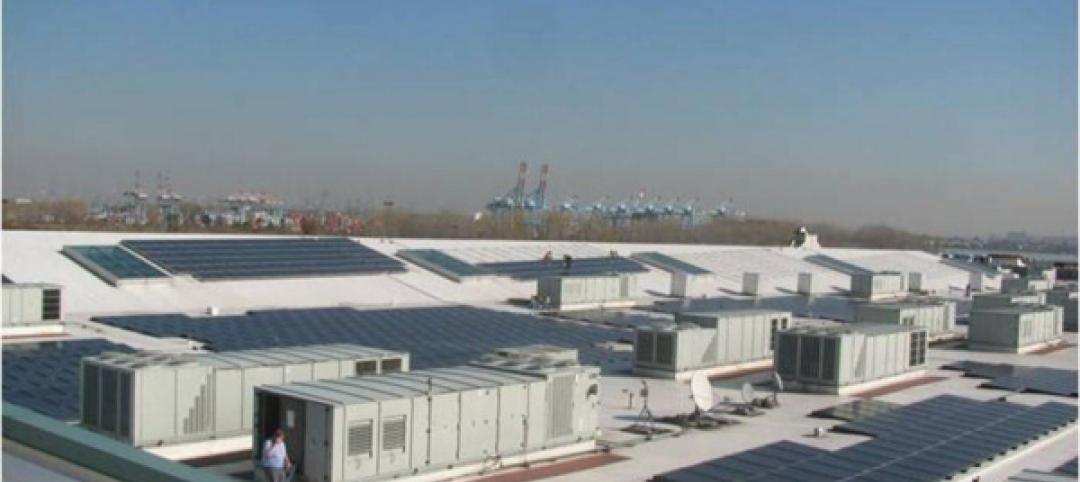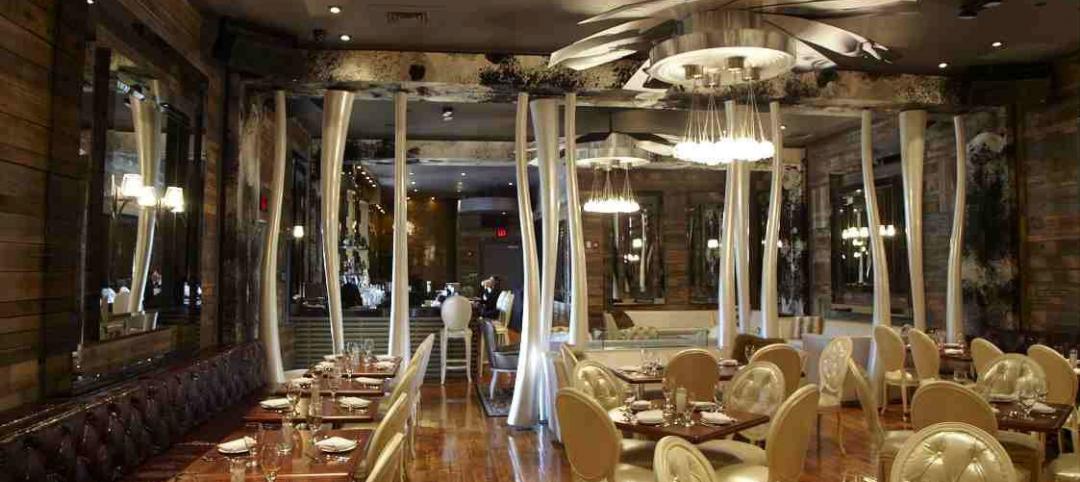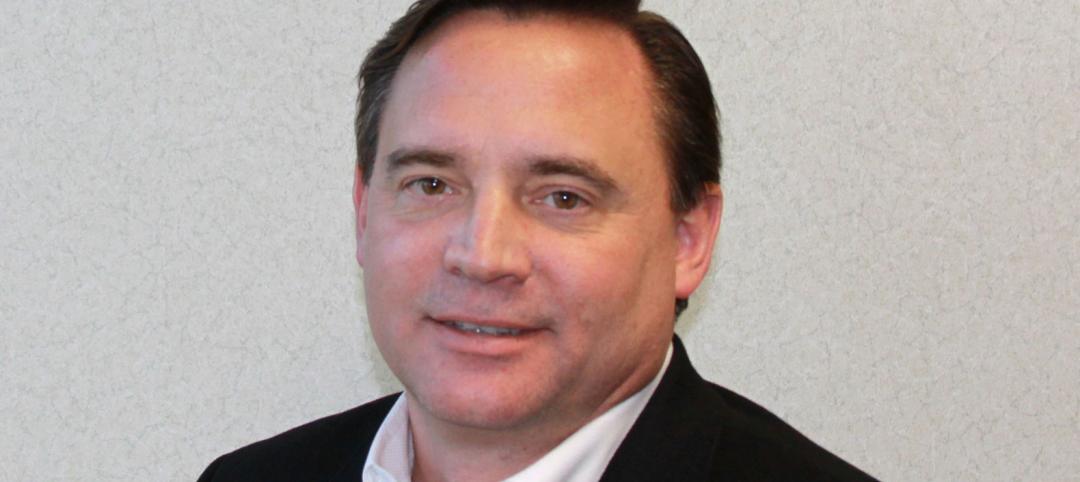 |
Healthcare construction spending grew at a compound rate of more than 10% for seven years through mid-2008, but has stalled since then. The stall, however, still represents better growth than almost any other construction market during the recession, which deepened as a result of the fall 2008 credit freeze.
During the stall, hospital construction spending increased 9% from the period before the credit freeze, while spending for nursing homes and other residential care facilities dropped 20% and spending for specialized medical office buildings fell 17%. Hospital construction spending is projected to remain steady through 2010, rising only as a result of higher project costs.
Hospital managers are enjoying a steadily rising revenue stream from patient care, but offsetting that are concerns about possible cuts in fees from states for “free care” and cuts in Medicaid and Medicare. As a precaution, some projects have been trimmed back or deferred.
The recent slowing trend for medical offices and residential care buildings parallels trends in other developed financed sectors, although the slowdown began later and so far has been less severe. Some developers lost credit access because of weakened income and balance sheets. Others lost credit access because lenders are concerned about cash flow coming from new capacity in a depressed economy. Bank examiners have also been steering regional and local lenders away from nonresidential mortgages. As a result, those two small commercial healthcare sectors will continue to decline, along with other commercial properties, through the winter. Following that, they will decline further because spending for other commercial properties will have begun to expand and projects in the pipeline will have fallen substantially.
Look for healthcare construction spending to return to a 10% annual growth pace in 2011, reflective of the usual cyclical surge after a recession. The rebound for hospital construction spending results from delayed stimulus plan funding and the resumption of work that was put on hold while healthcare was debated in Washington. —Jim Haughey, BD+C economist
Related Stories
| Mar 1, 2012
Intelligent construction photography, not just pretty pictures
Our expert tells how to organize construction progress photos so you don’t lose track of all the valuable information they contain.
| Feb 26, 2012
Milwaukee U-Haul facility receives LEED-CI Silver
The new elements of the facility now include: efficient lighting with day-lighting controls and occupancy sensors, a high-efficiency HVAC system used in conjunction with a newly constructed thermal envelope to help reduce energy consumption, and the installation of low-flow fixtures to reduce water consumption.
| Feb 22, 2012
Suffolk awarded Boston post office renovation project
Renovation of art deco landmark will add 21,000 square feet of retail and 110 new parking spaces.
| Feb 16, 2012
Big-box retailers not just for DIYers
Nearly half of all contractor purchases made from stores like Home Depot and Lowe's.
| Feb 16, 2012
4.8-megawatt solar power system completed at Jersey Gardens Mall
Solar array among the largest rooftop systems in North America.
| Feb 7, 2012
Kawneer and Traco combine portfolios
Portfolio includes curtain wall systems, windows, entrances and framing systems.
| Jan 31, 2012
AIA CONTINUING EDUCATION: Reroofing primer, in-depth advice from the experts
Earn 1.0 AIA/CES learning units by studying this article and successfully completing the online exam.
| Jan 26, 2012
Hendrick Construction completes Osso Restaurant in Charlotte
Designed by François Fossard, Osso's upscale interior includes tapered, twisted decorative columns and an elegant fireplace in the center of the lounge.
| Jan 26, 2012
American Standard names Gould as president and CEO
Gould succeeds Don Devine, who led the successful turnaround of American Standard Brands.
















